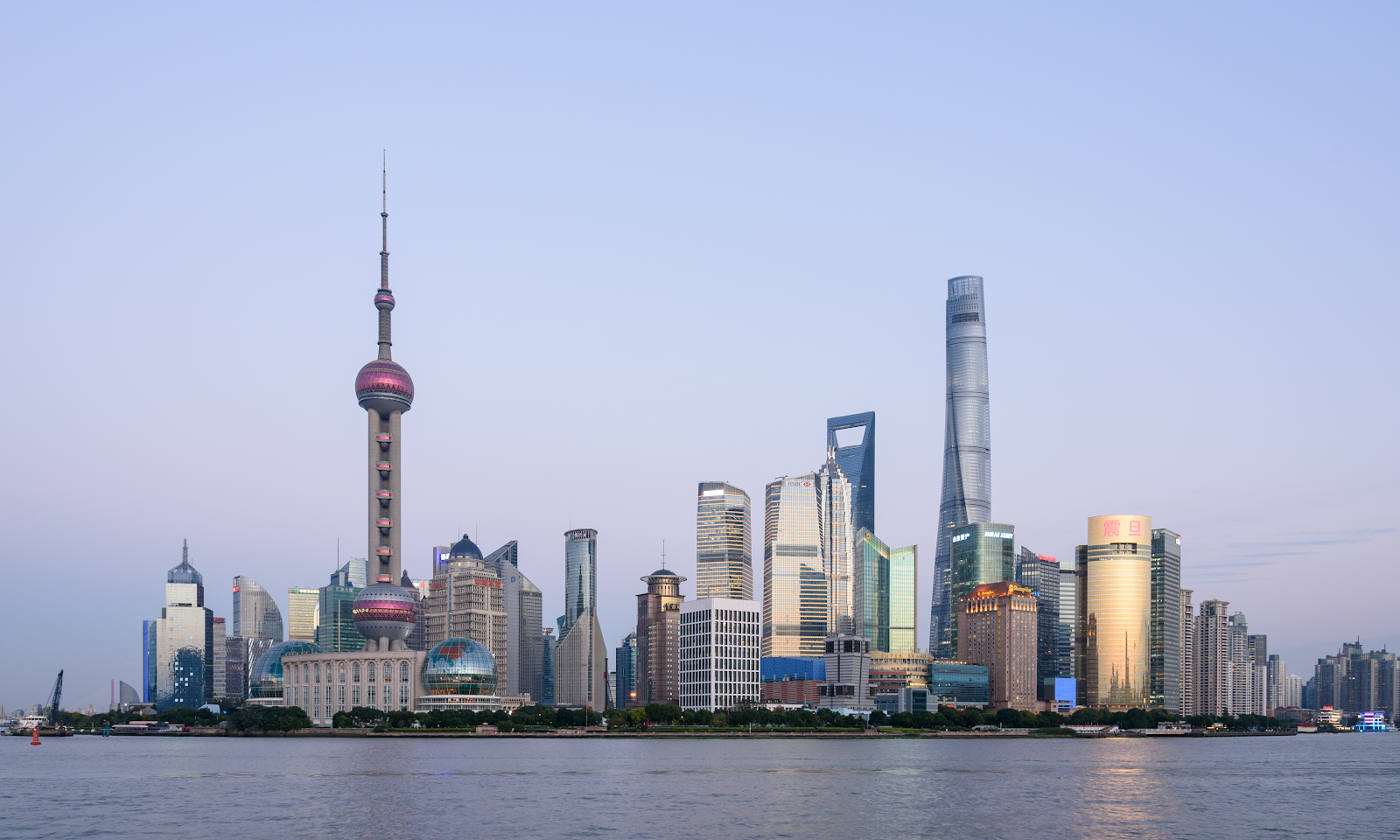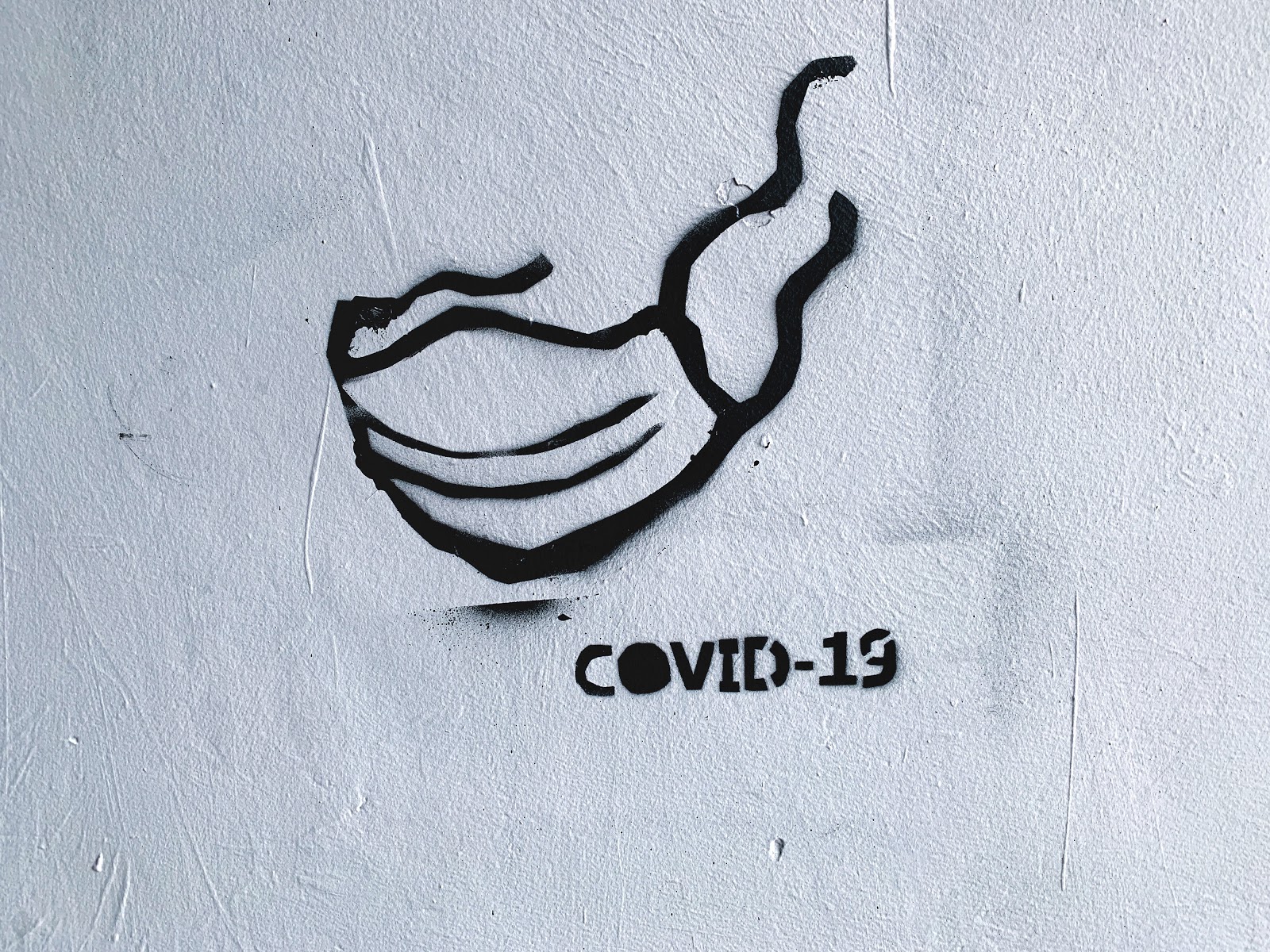
From Anbang to Ant Group, the Delicate Balance of Innovation and Regulation in Xi’s China
By: Anton Kozyrev Freedom to explore drives innovation. While some may argue over the precise wording, this sentiment generally holds in a variety of circumstances. This phenomenon is seen at a variety of levels within the economy. Google, for instance, has its well-known “20% Time” policy in which it urges employees to spend 20% of their time freely working on new projects. This opportunity to explore has led to the development of numerous noteworthy products, from Gmail to AdSense. Freedom also drives innovation on a larger scale, particularly when it comes to national economic growth. Many proponents of a laissez-faire…



